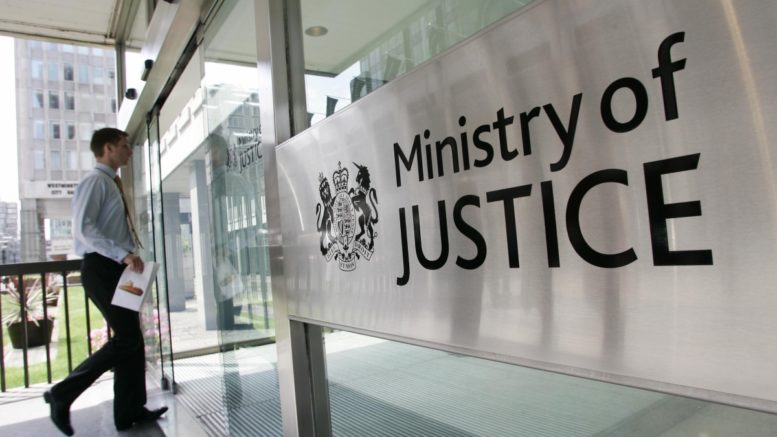Landlords looking to repossess properties through legal action are set to encounter a significant increase in court fees, as newly confirmed by the Ministry of Justice. This adjustment encompasses a broad 10% rise across a variety of court fees, notably affecting landlords and agents engaged in eviction proceedings.
Fee Increases Across the Board
The increase will affect several key fees relevant to the process of eviction. Notably, the Urgent High Court Possession Issuing Fee will jump from £569 to £626. Additional fees seeing hikes include the General Application Fee, now moving from £108 to £119, and the fee for Issuing a Writ of Execution, which will increase from £71 to £78. These adjustments come after a consultation period last year, marking the first rise in fees since September 2021.
His Majesty’s Courts and Tribunals Service (HMCTS), operating with an annual budget of £2 billion, cites the need to cover operational costs, which were less than half met by revenue last year, as a primary reason for the increase. With the taxpayer footing the remaining bill, HMCTS argues that regular biennial fee increases will lead to more manageable adjustments for litigants, in contrast to sporadic, significant hikes.
Opposition and Expectations
Despite the justification provided, the consultation revealed substantial opposition, with nearly two-thirds of respondents expressing disagreement. Critics have pointed to the existing level of service, which some describe as ‘poor value for money.’ However, the government points to recent inflationary pressures as a crucial factor necessitating the increase, promising that the additional funds will be channeled towards enhancing service quality.
Landlords are left hoping that these fee adjustments will contribute to expedited eviction processes, a concern especially pressing in light of HMCTS’s ongoing efforts to address case backlogs. This development also coincides with political discussions surrounding eviction practices, notably the proposed amendments to the Renters (Reform) Bill aimed at improving the court system before the abolition of Section 21 ‘no fault’ evictions.








